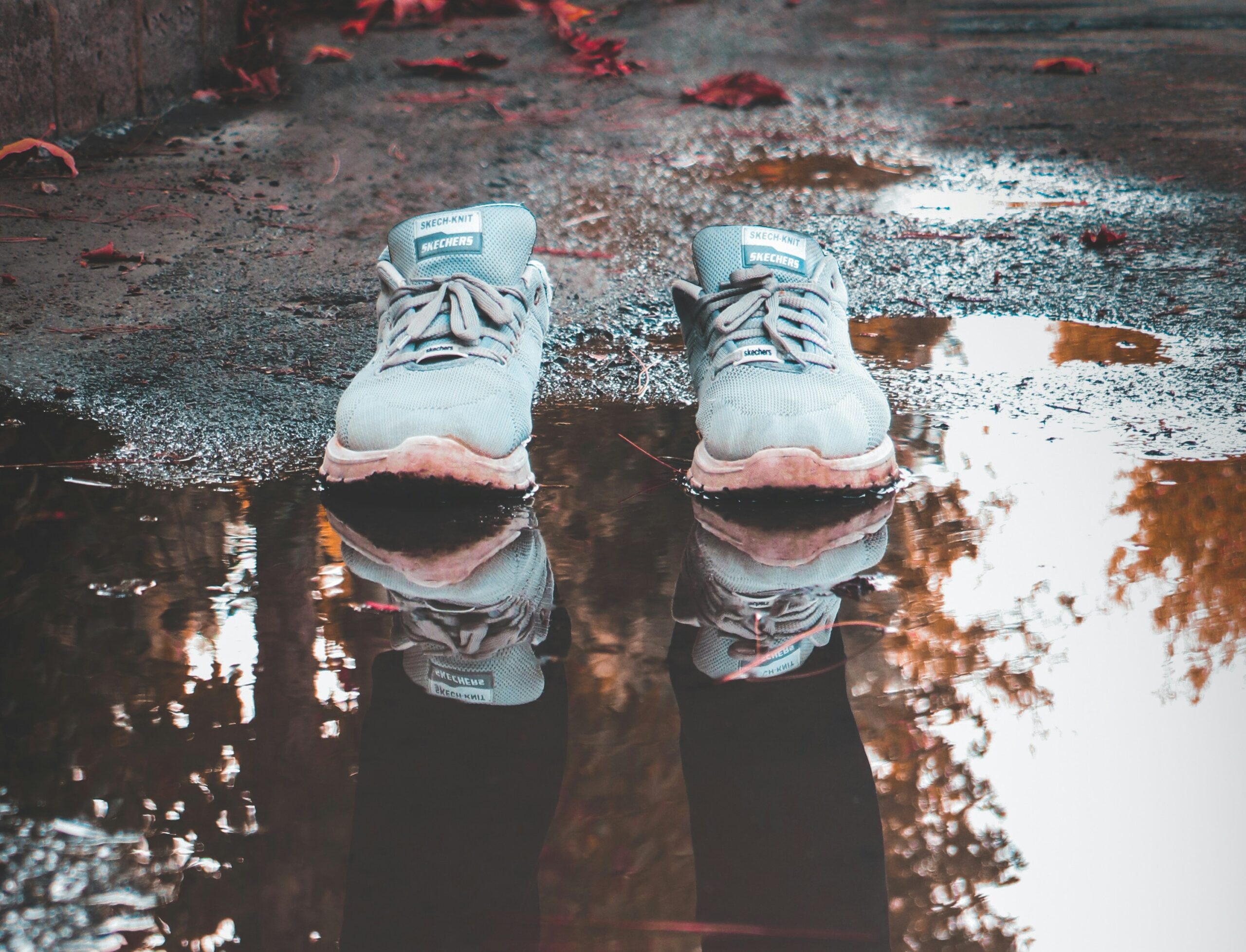Organizers of the prominent “Shake a Leg” charity marathon, which has been raising funds for Parkinson’s Disease research for more than 12 years, are facing accusations of discrimination after a recent rule change that has barred runners with prosthetic legs from competing in the main event.
The controversy erupted after several athletes with prosthetic legs reported that they had been denied entry into the upcoming race, while organizers cited concerns about “maintaining fairness in competition” as the basis for their decision.
“We have to ensure a level playing field for all participants,” said Mark Henderson, spokesperson for the organizing committee, during a press conference held in Austin, TX. “Athletes with prosthetic limbs may have advantages or disadvantages compared to runners without them. Until we have definitive scientific guidelines, we must err on the side of caution.”
The decision was met with swift condemnation from athletes, advocacy groups, and members of the public. Many argue that the exclusion of runners with prosthetic legs is not only discriminatory but also ignores the immense challenges these athletes face.
“Prosthetic runners train just as hard, if not harder, to compete at the highest levels,” said Amelia Boudreaux, a Paralympic medalist who was among the runners recently excluded. “Kicking us out sends a message that our achievements are less valid.”
Several organizations advocating for people with disabilities, including the International Coalition for Inclusive Athletics (ICIA), have demanded that the marathon’s organizers reverse their decision. The ICIA has also called for the creation of standardized regulations for athletes using assistive technology to prevent similar controversies in the future. Legal experts have also suggested that the exclusion may violate anti-discrimination laws in some jurisdictions.
“This decision sets a dangerous precedent,” said Jenna Castillo, a human rights attorney specializing in disability law. “Not only does it marginalize a group of talented athletes, but it also risks legal repercussions for the organizers.”
The marathon’s organizers, however, maintain that their decision complies with existing rules set by athletic governing bodies. “We are aligning with guidelines from major sports organizations, which remain unclear on how to integrate runners with prosthetics into mixed competitions,” Henderson said.
At the heart of the controversy lies a complex scientific debate about the role of prosthetics in athletic performance. Some studies suggest that advanced prosthetic limbs, such as those made from carbon-fiber blades, may offer advantages in energy efficiency and stride length. However, other research counters that these devices can also create unique challenges, including reduced stability and increased physical strain.
“The science is far from settled,” said Dr. Priya Nair, a sports biomechanist. “While some prosthetics may enhance certain aspects of running, they also come with limitations that traditional athletes don’t face. Treating all prosthetic users as a monolithic group oversimplifies the issue.”
Many of the runners impacted by the decision have shared their frustrations, highlighting the emotional toll of being excluded from a race they trained tirelessly for.
“Running has been my therapy, my passion, and my way of proving to myself and others that I can overcome any obstacle,” said Aaron Blake, a 28-year-old athlete who lost his right leg in a car accident and now competes using a prosthetic blade. “Being told I can’t compete because of my prosthetic feels like being punished for my resilience.”
The controversy has also drawn attention from political leaders and celebrities, many of whom have voiced support for the affected runners. In a social media post, globally renowned marathoner Kenenisa Bekele called the decision “a step backward for inclusivity in sports.”
Meanwhile, lawmakers in Texas have called for an investigation into the marathon’s policies. “Sports should unite us, not divide us,” said Senator Maria Aguilar in a statement. “We must ensure that all athletes have the opportunity to compete on equal footing.”
As advancements in prosthetic technology continue to blur the lines between natural and artificial abilities, sports organizations face mounting pressure to adapt.
“This issue isn’t going away,” said Dr. Nair. “If anything, it will become more pressing as technology evolves. We need a proactive, science-based approach to ensure fairness without sacrificing inclusivity.”
For runners like Boudreaux, Blake, and others who refuse to be sidelined, the fight for equality is far from over. “We’re not asking for special treatment,” Boudreaux said. “We’re asking for the chance to compete and show the world what we’re capable of. Isn’t that what sports are all about?”




